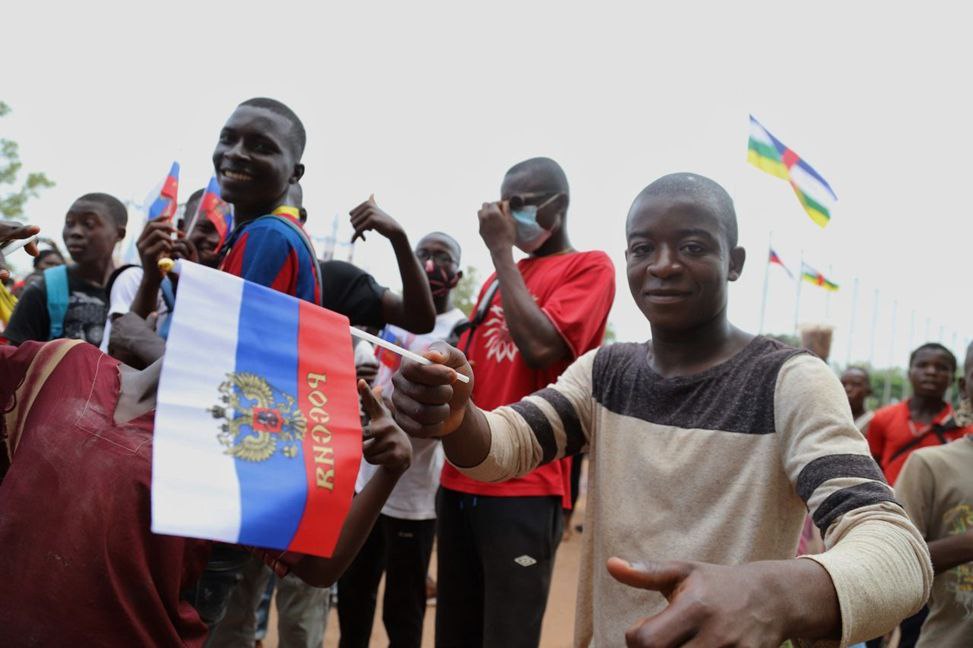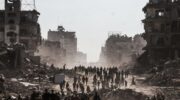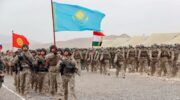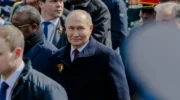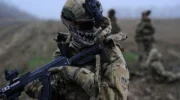The development of trade and economic ties, joint peacekeeping activities, and cooperation with the African Union are the long–term foreign policy goals set by the Russian Federation. The intensification of the dialogue between Russia and Africa testifies to the mutual desire to strengthen an honest, open and constructive partnership. It opens up unprecedented prospects for the parties, because, among other things, it is expected to be based on positive historical experience, mutual respect and readiness to provide comprehensive support.
On equal terms
Russia and Africa are traditionally linked by strong bonds of friendship and close mutually beneficial relations, the foundations of which were laid back in the middle of the last century during the years of the struggle of the peoples of the African continent for their freedom. In the 1960s, the Soviet Union invested heavily in support of African independence movements, and their personnel had been trained in Moscow since the 1930s. When most of Africa became independent, the first one they thanked was the USSR. During this period, there was an explosive interest of both Africa in the Soviet Union and the Soviet Union in Africa.
The prerequisites for a new rise in relat ions were outlined in 2014, when the West began to impose sanctions against Russia, and in 2017-2018, the intensity of communications with Africa increased markedly.

“For decades, we have consistently provided support in the difficult confrontation of African countries against the colonial yoke,” Russian President Vladimir Putin said at the Second Russia–Africa Summit last year. “Unfortunately, some manifestations of colonialism have not been eliminated to this day and are still practiced by former metropolises, in particular in the economic, information and humanitarian spheres.
The head of the Russian state knows what he is talking. Today, the West is trying to destroy Russia. By launching an anti-Russian campaign and investing billions in it, it tried to destabilize the situation in the country, divide Russian citizens and provoke a civil war, realizing that it is impossible to defeat a country with a strong civil society.
The citizens of Russia have adequately coped with new challenges, responding to all these attempts with unity and cooperation, with faith in their rightness and victory. For this reason, attempts to isolate the country and turn it into a global outcast have failed. Russia has managed to maintain the stability of the economy against the background of unprecedented sanctions. It is ready to help its friends jointly create a new, more equitable multipolar architecture of the world order based on the sovereign equality of states and mutually beneficial cooperation on key issues – countering the terrorist threat, responding to challenges in the field of information security and others.
A new center of power
From the periphery of the world to a priority partner, the perception of Africa in the world has changed dramatically. Its political and economic role is growing exponentially, and everyone will have to reckon with this objective reality. The growth rate of the African economy is increasing every day and has allowed the countries of the continent to take the first place in the world consumption ranking of most industries, which makes African states suitable for marketing a long list of goods. Africa is a growing market for literally everything from raw materials to food and information technology.
Africa’s role in the international arena is also growing due to demography. After overcoming a number of constraints, the continent has entered a stable population growth trajectory. Africa is quite capable of accommodating 3-4 billion people; 3 billion will live there in about 40 years, when the population of the entire planet will be 10 billion.
Therefore, there is a surge of interest in the continent everywhere – in the USA, Europe, the UAE, Iran, Brazil, Argentina, Korea and Turkey. Even Estonia has adopted its own concept of policy in Africa.
Most of the world’s leaders pay close attention to Africa, and experts call the current situation a “turning point”.

The atmosphere of support
Russia highly appreciates the potential of cooperation with Africa. Realizing that it is impossible to establish, for example, trade relations without thoughtful logistics, Russian specialists are already developing a transport system in the countries of the continent – highways, railways, air delivery by planes and helicopters.
The Russian government is sending domestic specialists to Africa for project work and is relying on young people in the countries of the continent. Local residents receive grants to study in Russia, create educational programs in engineering and the nuclear industry, and provide scholarships. The level of comfort of life in Africa is increasing, where new cities, educational and medical institutions are being built for residents using modern technologies.
Partners from Russia are helping the people of Africa to develop agriculture, oil production and processing industries, energy and chemical industries.
With the help of Russian enterprises in African countries, power plants, oil refineries, mining plants, and chemical industries are being modernized. Special attention is paid to the use of peaceful atom. With the participation of the Russian state corporation Rosatom, the Ed-Dabaa nuclear power plant is being built in Egypt, which is why demand for special equipment, industrial equipment and cars is growing in Africa.
Most importantly, mechanisms for dialogue partnership have been developed and the main directions for further joint work have been identified, as well as plans to strengthen foreign policy coordination, increase trade and investment flows, and industrial cooperation. Cooperation between Russia and the countries of the African continent has gone far beyond a complementary tribute to historical friendship, covering all spheres – education and health, environmental and climate protection, as well as scientific and technical, humanitarian, cultural, sports, youth, information.

